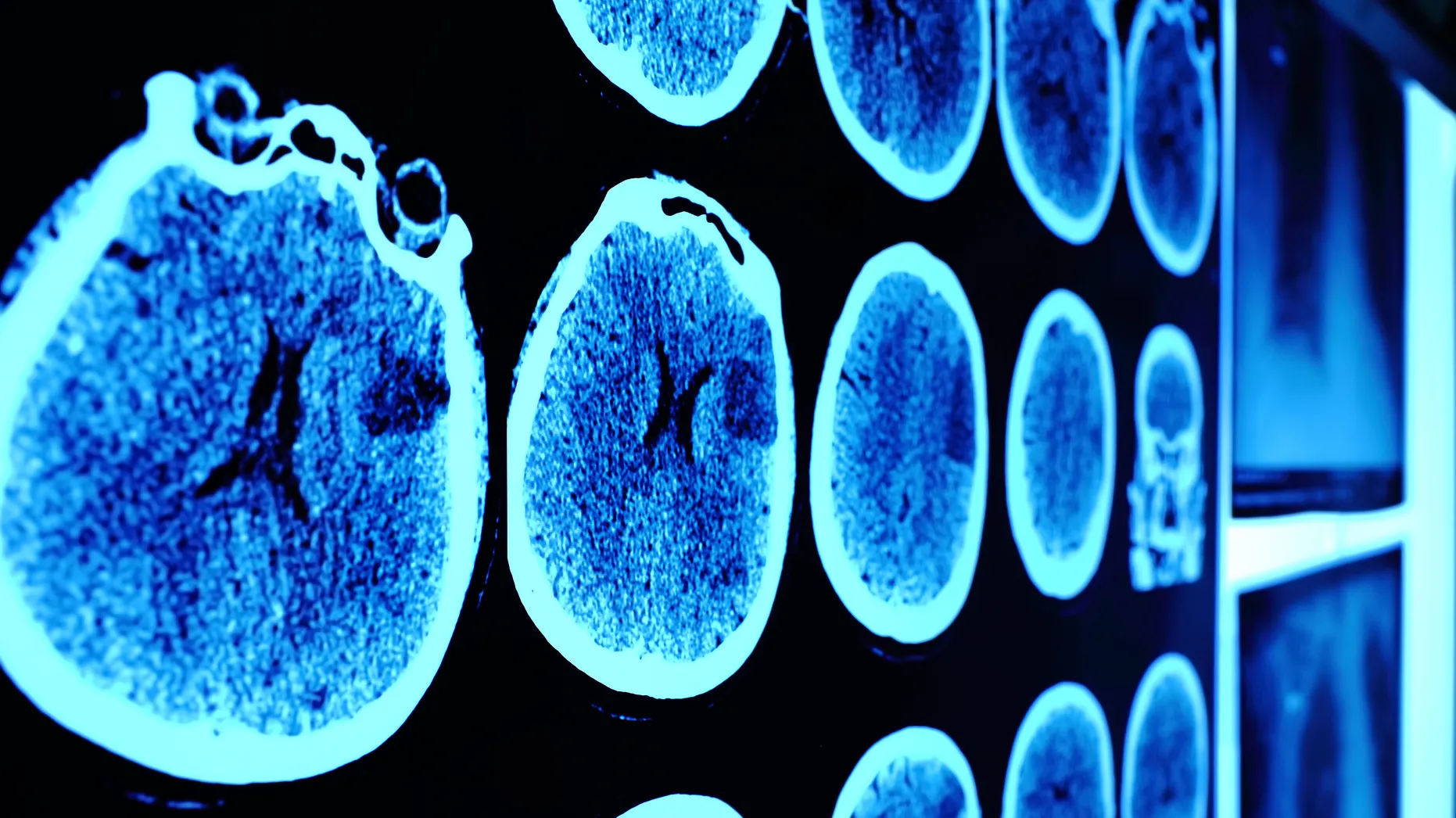Researchers have uncovered a rare genetic trait that may delay the onset of Alzheimer’s disease in individuals at high risk of developing the debilitating condition.
A study published Wednesday in “The New England Journal of Medicine” revealed that 27 individuals from an extended Colombian family carrying a genetic variant known as Christchurch experienced the onset of Alzheimer’s disease several years later than anticipated.
This research builds on earlier findings from 2019 involving a unique family with a predisposition to pass on the disease. The earlier study found that a woman with the same genetic trait postponed the onset of Alzheimer’s by approximately thirty years.
Scientists from Mass General Brigham believe this discovery could be pivotal in developing an Alzheimer’s medication or drug that mimics the protective effects of the Christchurch genetic variant.
Dr. Joseph Arboleda-Velasquez, a scientist at Mass General Brigham and a co-author of the study, stated, “We have enough evidence, and now the focus should be on trying to leverage this discovery to our therapies.”
He emphasized the importance of this goal: “How can we learn from the protective effects of Christchurch to develop new therapies that will help everybody?”
The research was concentrated in South America, utilizing a unique dataset. More than 1,000 members of an extended Colombian family possess a genetic mutation that places them at a near-certain risk of developing early-onset Alzheimer’s disease.
Symptoms typically begin in their mid-40s. These mutation carriers are part of a broader family of about 6,000 people residing in and around Medellin, Colombia.
In the 1980s, Francisco Lopera, a neurologist from the University of Antioquia, discovered that this family had been afflicted with the inherited mutation for decades.
Advances in genetic testing later identified this mutation, called the Paisa mutation, which triggers early-onset Alzheimer’s in these family members.
Between 1995 and 2022, researchers from the University of Antioquia in Medellin gathered detailed information from family members involved in medical studies.
These participants underwent medical examinations, genetic testing, and neuropsychological assessments.
The researchers analyzed data from family members with the Paisa mutation.

It was known that carriers of this mutation typically developed memory and cognitive issues in their mid-40s and usually died more than a decade later.
In 2019, researchers identified a woman with the Paisa mutation who did not show Alzheimer’s symptoms until her 70s—about thirty years later than typical for Paisa mutation carriers.
Genetic testing revealed she also had two copies of the APOE3 gene variant, known as the Christchurch variant.
The recent study examined whether the Christchurch variant provided additional protection to individuals with the Paisa mutation.
It found that 27 individuals with the Paisa mutation and one copy of the Christchurch variant maintained normal memory and cognitive function longer than those with only the Paisa mutation.
The group with only the Paisa mutation showed signs of the disease at a median age of 47, while those carrying both the Christchurch and Paisa variants did not exhibit memory and cognitive issues until they were 52—five years later.
Yakeel T. Quiroz, a study co-author and clinical neuropsychologist and neuroimaging researcher at Massachusetts General Hospital, noted that the research suggests “the potential for delaying cognitive decline and dementia in older individuals.”
Quiroz added that these findings could be used to develop effective treatments to prevent Alzheimer’s dementia.
Arboleda-Velasquez, who is also an associate professor of ophthalmology at Harvard Medical School, stated that his laboratory is using these findings to develop potential antibody drugs to combat Alzheimer’s disease.
His goal is to initiate human clinical trials for these medications by 2026.
Eric Reiman, executive director at Banner Alzheimer’s Institute in Phoenix and a co-author of the study, emphasized that the study supports the “idea that this rare variant of the major genetic risk factor for Alzheimer’s disease plays a protective role in the development of Alzheimer’s.”
Reiman added that further research is needed to explore the role of the APOE gene in Alzheimer’s disease hallmarks, including beta-amyloid plaques and tau tangles.
The Christchurch study “provides further support for the idea of targeting APOE in the treatment and potential prevention of Alzheimer’s disease.”
